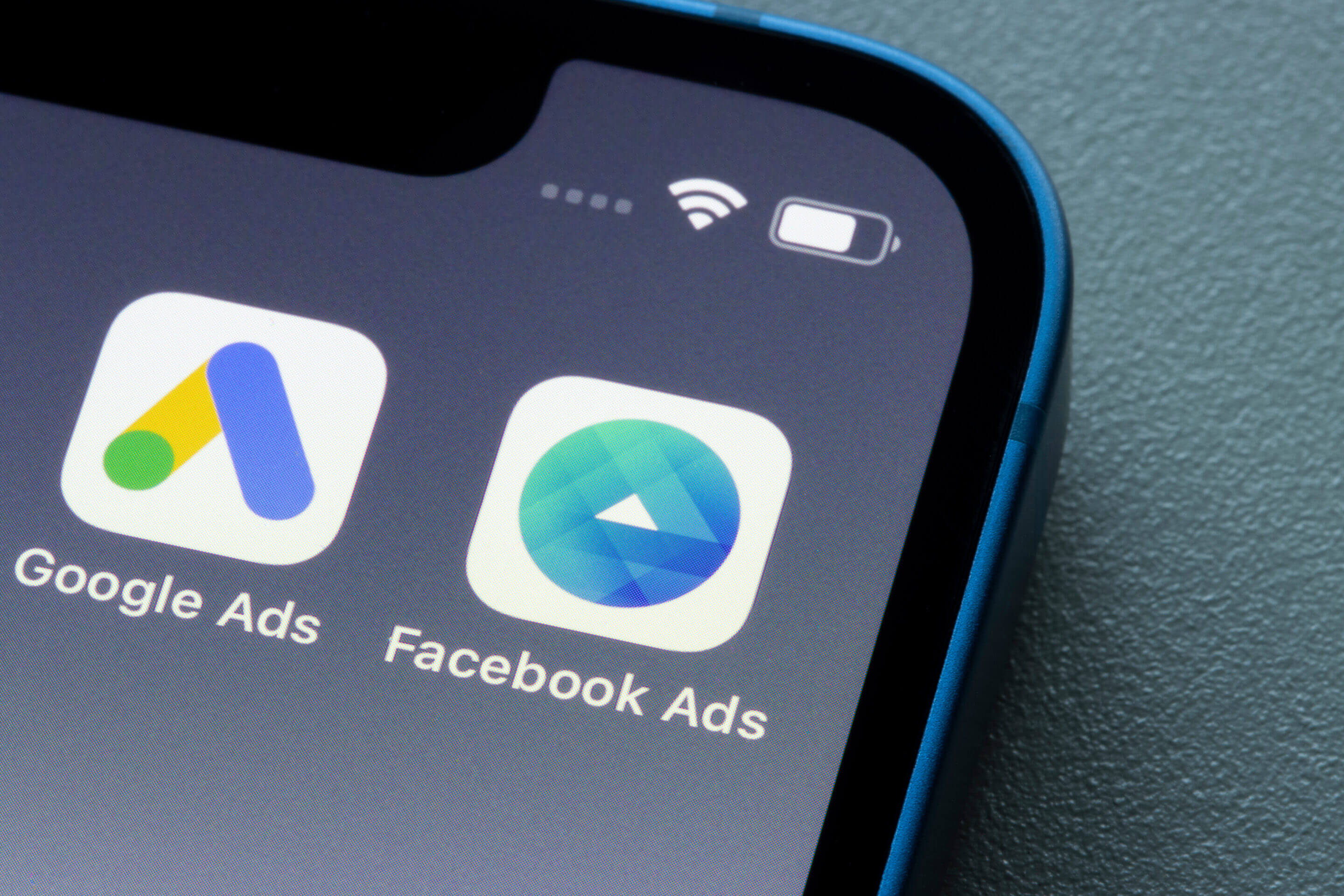When it comes to digital advertising, two of the most popular platforms are Facebook and Google. While both platforms offer unique advantages, it’s important to understand the differences between them to determine which one is best for your business.
Facebook Advertising
Facebook is the largest social media platform in the world, with over 2.7 billion monthly active users. With such a massive user base, Facebook has become a popular advertising platform for businesses looking to reach a wide audience. Here are some advantages of advertising on Facebook:
- Targeted Advertising: Facebook allows advertisers to target specific demographics based on age, location, interests, and more. This means businesses can reach the people most likely to be interested in their products or services.
- Cost-effective: Facebook ads can be a cost-effective way to reach a large audience. Advertisers can set a budget for their campaigns, and Facebook’s bidding system ensures that ads are only shown to people who are likely to engage with them.
- Engaging Ad Formats: Facebook offers a variety of ad formats, including video ads, carousel ads, and sponsored posts. These formats are designed to be engaging and interactive, making it more likely that users will interact with them.
Google Advertising
Google is the world’s largest search engine, processing billions of search queries every day. Google Ads, formerly known as Google AdWords, is a popular advertising platform that allows businesses to advertise on Google’s search engine results pages (SERPs). Here are some advantages of advertising on Google:
- High Intent: Unlike Facebook, which is a social platform, Google is a search engine. This means that users on Google are actively searching for something, making them more likely to convert into customers.
- Broad Reach: Google’s search engine results pages are viewed by millions of people every day. This means that businesses can reach a broad audience through Google ads.
- Multiple Ad Formats: Google offers a variety of ad formats, including search ads, display ads, and video ads. This allows businesses to choose the format that works best for their advertising goals.
Which One is Better?
There is no one-size-fits-all answer to this question. Both Facebook and Google offer unique advantages, and the right platform for your business depends on your advertising goals. If you’re looking to reach a broad audience and promote brand awareness, Facebook may be the better choice. If you’re looking to generate leads or drive sales, Google may be the better choice. Ultimately, it’s important to test both platforms and see which one works best for your business.
In conclusion, Facebook and Google are both powerful advertising platforms that offer unique advantages. Understanding the differences between the two platforms can help businesses make an informed decision about where to invest their advertising dollars.

